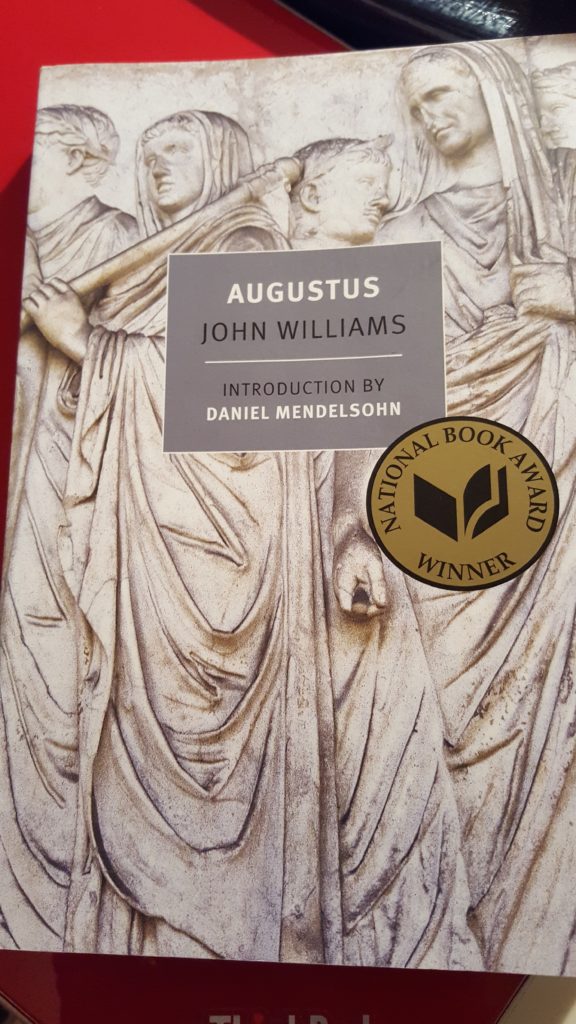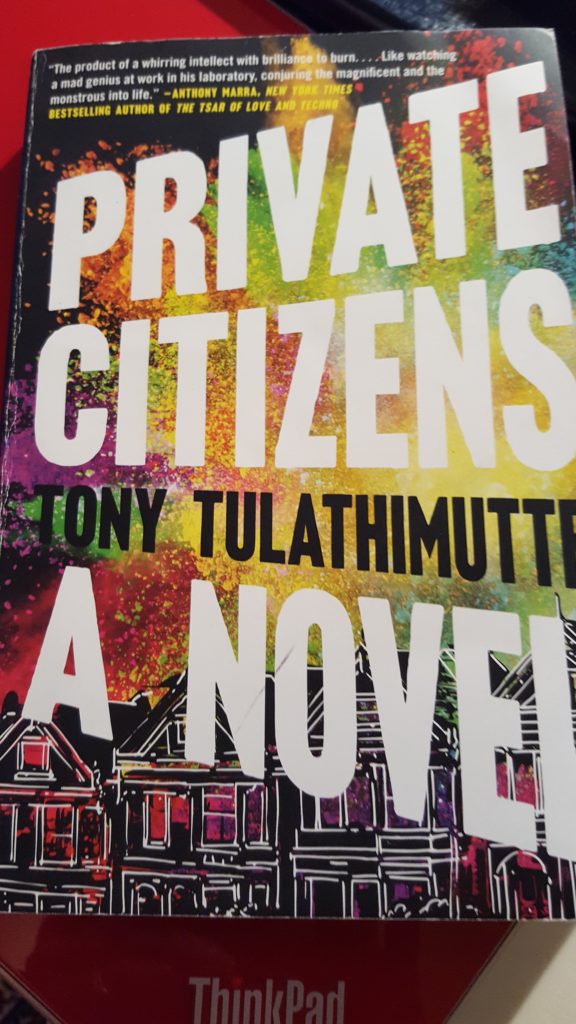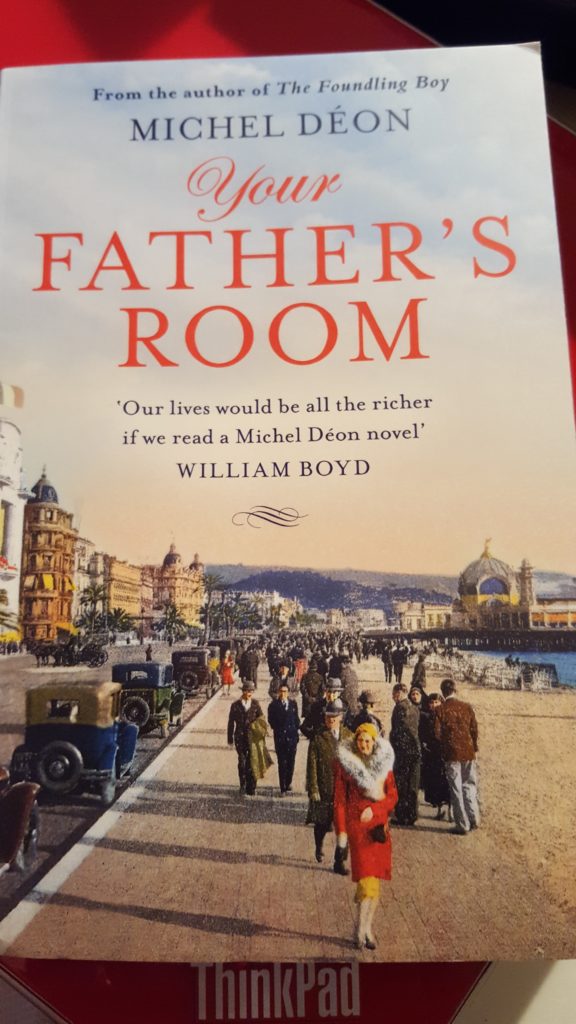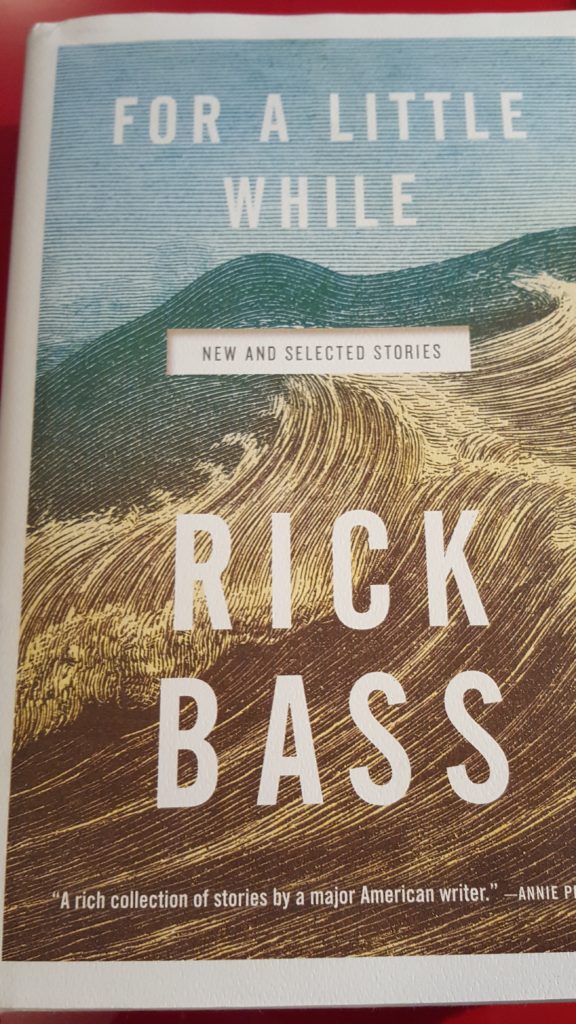When I am beset with anguish and worry about our Western civilization being gored, maybe fatally, by the leftist cant of equality, I console myself with Plato’s (424-347 BC) lament: “What is happening to our young people? They disrespect their elders, they disobey their parents. They ignore the law. They riot in the streets inflamed with wild notions. Their morals are decaying. What is to become of them?”, as parents and grandparents have done down the millennia.
And with good books.
Augustus by John Williams
When I discovered Williams a year ago after a lifetime of reading copiously every day, the surprise was delightful and the anticipation of more good reading thrilling. Sadly, he had written only three novels. Stoner, his second, I reviewed in November 2016, and now, a year later, I’m going to rave about Augustus, his last and his masterpiece.
Yes, it’s about that Augustus, the nephew of Julius Caesar and his successor to the Roman Empire, in startling contrast to his protagonist in Stoner, the son of desperately poor parents dragging a living from a rocky farm with unrelenting labour. But like Stoner, it is the story of one man’s life from youth to death. It is told in a series of letters by people in the Augustan circle, among them being Nicolaus of Damascus, a contemporary of Augustus; Livy, the historian; Ovid, the poet; and Cicero, the senator, orator and writer best known today for his essays on happiness, old age and friendship.
Julius Caesar starts this story of his nephew with instructions to his mother, Julius’s niece, to “Send the boy to Apollonia.” He writes that she has no choice because Julius has chosen Augustus as his heir to the newly minted Roman Empire. The reader’s attention is caught, and the letters with their various angles of understanding sustain our reading appetite throughout the education and maturation of this seminal figure in Western history. When the end comes, we close the book with the sad satisfaction of having been given another glimpse into the outrageous complexity of what it is to be human.
Because we know a lot about the time and life of Augustus, Williams had many sources from which to weave his story; because Augustus was human, Williams had his personal source of humanity from which to imagine the thoughts and motivation of Augustus. Just as we readers bring our fellow feeling to the story of Augustus. It is an intriguing tale told intriguingly well.
From ancient to modern, from Year 1 to Year 2007 AD, a dizzying leap of the imagination that reading’s all about—but a book I would normally never open because its people are millennials and its place is San Francisco. Its four narrators are privileged youths who have never said a heartfelt thank you to anyone in their protected lives, living in this pricy city where the breathtaking views of the bay around every corner are shattered by the squalid views of the homeless on its streets. San Francisco has become ghastly in the second millennium with its techie billionaires smug in the delusion that billions in dollars equates to billions in human worth. To be preached to by champagne socialists is even more offensive than being preached to by ideological socialists because the reek of their hypocrisy stifles all thought.
But I have millennial grandchildren and some of its reviews piqued my interest and the author looked familiar, so I bought the book and began reading. Not the most welcoming attitude for a reader, but I decided the 16-page prologue would either win my attention for the next 356 pages or would make me toss the book into the donation box. It did the trick, introducing:
- Linda, the intensely selfish young woman who would go from one disaster to another; beautiful, but dirty; brilliant, but stupid; learning little along the way
- Cory, the poor little rich girl who doggedly pursued the distribution of wealth in her NGO world; doing not much good, but little real harm;
regurgitating the socialist crap poured into her in her prestigious university education; every once in a while getting an infusion of cash from her dad to sustain her lifestyle
- Will, the Asian brainiac totally at home in the digital world, but lacking skills in the flesh-and-blood human world; obsessed with pornography and to be paired with a beautiful white woman; leading to a decision of tragic proportions
- Henrik, the nice guy; big and handsome “even sexy in his big-bear way”, who dated Linda in college because “He was a man; men liked Linda”; lumbering his way to nirvana by making as few decisions as possible all day, every day
So there they are in the springtime of their lives, their leftist creed intact—“They’d all agree war sucks, Bush is evil”—but their work ethic badly compromised. Except Cory, who just keeps helping the ‘downtrodden’ (in former times, the proletariat) whether they want it or not.
From these flawed characters, Tulathimutte creates the specific story of what it is to be alive in one’s 20s in the beginning of the 21st century in San Francisco. His prose sparkles and resonates with the ageless youthful quest of trying to figure out what to do, what to think, how to be. I intend to give the novel to my 20-year-old grandson, and ask him what he thinks of it.
“Michel Déon is a storyteller par excellence,” one reviewer wrote. D’accord, I say!
In this tiny novel of 90 pages, Déon paints a vivid picture of a boy’s childhood in the 1920s spent in Paris and Monte Carlo—unconventional settings, perhaps, but the universal ups and downs of growing up as told through specific days and events in Teddy’s life. It is a fictionalized memoir of Déon’s life, with my edition showing a portrait of the author as a boy on the inside front cover and a photo him as an old man on the inside back cover—an inspired touch with the beautiful boy still visible in the lovely old face.
In the translation from the French by Julian Evans, the writing flows smoothly, exploring nooks and crannies, often mimicking the way thinking leads nowhere until it does. It starts with a memory that his parents say, “’You can’t possibly remember. You weren’t even a year old…’” and then the author’s explanation of the phenomenon: “…that the soul—or in any case the immaterial, impenetrable thing that stands in for the soul—likes to divest itself of the body it inhabits occasionally and to contemplate its empty physical form, either out of impatience at being held captive by a child whose speech, sight and physical coordination are still in a larval state, or because that same physical form, despite being grown-up and perfectly comfortable with itself, is immersed for several hours in the torpor of sleep,
which prevents it from reacting, other than by moans and groans, to the incoherent, absurd language of dreams.” I have never come across such a creative explanation for that phenomenon. And it makes sense.
Starting with a first memory, the reader thinks, is logical—and conventional—but realizes as the story develops that it’s brilliant—and unconventional—to begin the story of one’s life this way. Then continuing the story of childhood with its random memories interspersed with ‘important’ memories, often partial, of the intimate life in one’s family and social life in the outside world of school and friends reflects how childhood is remembered. It’s only afterward that we can see through a glass darkly the significance of particular happenings. But we all know those happenings mark us for life, not exactly how often, but deeply.
Just like with my discovery of John Williams, I wanted to read more Déon. Unlike Williams’ oeuvre of only three novels, Déon was more prolific, but only five of his novels have English translations, as far as I know, and are not easy to come by. I did manage to find The Great and the Good, a little longer at 200 pages and again translated by Julian Evans, which I happily consumed in a few short sittings. Now, I’m tracking down The Foundling Boy and The Foundling’s War, and anticipate a few more blissful hours of good reading.
From the old world to the new—and the newer parts of the new; from short novels to short stories—each story set in the wilder places in America. This is the frontier still happening with people who fish and hunt and trap, living close to the land in Montana, Alabama, Texas, Missouri. That’s what attracted me to Bass, a writer whose characters grappled with life in the ‘natural’ spaces, not in the crowded, cacophonous space of urban sprawl where so much of modern life takes place. I grew up on a farm, so I wanted to feel the quiet and hard work and tedious rhythm of rural life again—not really, just imaginatively.
And Bass’s writing brings it all back, with word portraits that reveal strong men and women in character and muscle, but weak in talk to the extreme of saying nothing when a word of comfort or understanding is desperately needed. City folk talk too much, I agree,
but saying so little can be a fault, too. Bass’s tales are full of strangeness and beauty, approaching magic realism at times; intriguing, but the intrigue turns to annoyance as story piles on story with too much strangeness and, sometimes, too much beauty. And a healthy shriek at times would dispel some of the silent stoicism rampant in the tales.
If I read Bass again, I’ll read his short stories betwixt and between other books—difficult to do because my style is opening a book and only putting it down for the necessities of life. But he’s best read a couple of stories at a time so his settings can be inhaled and his word portraits admired—and his characters stay interesting and don’t become annoying. Then plunge into the cacophony and dirt of city life for a little while—the perfect antidote to too much strong silence and pristine beauty.
Circling back to the beginning, I end on the comfort and uplift of the eternal elders’ complaint, this time from Book III, Odes by Horace (circa 20 BC):
“Our sires’ age was worse than our grandsires’.
We, their sons, are more
worthless than they;
So in turn we shall give the world a progeny
yet more corrupt.”
Yet we keep on stumbling through, down the millennia, so I must have faith that my children and grandchildren will keep on stumbling through a few more millennia. Happy reading!




